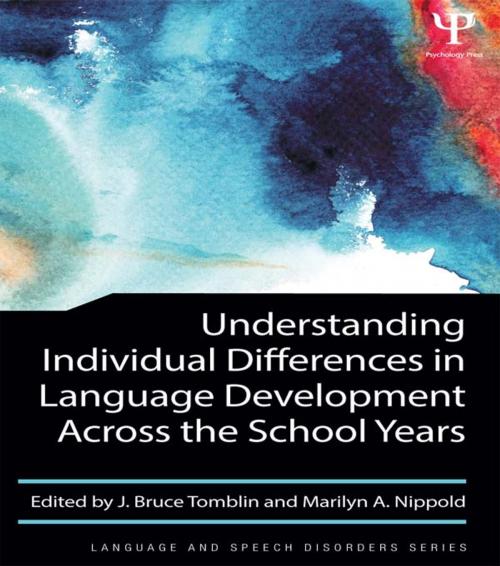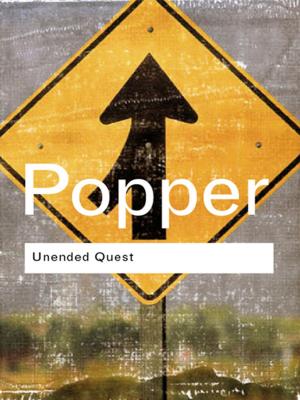Understanding Individual Differences in Language Development Across the School Years
Nonfiction, Reference & Language, Education & Teaching, Special Education, Health & Well Being, Psychology, Child & Adolescent, Child Development, Cognitive Psychology| Author: | ISBN: | 9781317752172 | |
| Publisher: | Taylor and Francis | Publication: | March 26, 2014 |
| Imprint: | Psychology Press | Language: | English |
| Author: | |
| ISBN: | 9781317752172 |
| Publisher: | Taylor and Francis |
| Publication: | March 26, 2014 |
| Imprint: | Psychology Press |
| Language: | English |
This volume presents the findings of a large-scale study of individual differences in spoken (and heard) language development during the school years. The goal of the study was to investigate the degree to which language abilities at school entry were stable over time and influential in the child’s overall success in important aspects of development.
The methodology was a longitudinal study of over 600 children in the US Midwest during a 10-year period. The language skills of these children -- along with reading, academic, and psychosocial outcomes -- were measured. There was intentional oversampling of children with poor language ability without being associated with other developmental or sensory disorders. Furthermore, these children could be sub-grouped based on their nonverbal abilities, such that one group represents children with specific language impairment (SLI), and the other group with nonspecific language impairment (NLI) represents poor language along with depressed nonverbal abilities.
Throughout the book, the authors consider whether these distinctions are supported by evidence obtained in this study and which aspects of development are impacted by poor language ability. Data are provided that allow conclusions to be made regarding the level of risk associated with different degrees of poor language and whether this risk should be viewed as lying on a continuum.
The volume will appeal to researchers and professionals with an interest in children’s language development, particularly those working with children who have a range of language impairments. This includes Speech and Language Pathologists; Child Neuropsychologists; Clinical Psychologists working in Education, as well as Psycholinguists and Developmental Psychologists.
This volume presents the findings of a large-scale study of individual differences in spoken (and heard) language development during the school years. The goal of the study was to investigate the degree to which language abilities at school entry were stable over time and influential in the child’s overall success in important aspects of development.
The methodology was a longitudinal study of over 600 children in the US Midwest during a 10-year period. The language skills of these children -- along with reading, academic, and psychosocial outcomes -- were measured. There was intentional oversampling of children with poor language ability without being associated with other developmental or sensory disorders. Furthermore, these children could be sub-grouped based on their nonverbal abilities, such that one group represents children with specific language impairment (SLI), and the other group with nonspecific language impairment (NLI) represents poor language along with depressed nonverbal abilities.
Throughout the book, the authors consider whether these distinctions are supported by evidence obtained in this study and which aspects of development are impacted by poor language ability. Data are provided that allow conclusions to be made regarding the level of risk associated with different degrees of poor language and whether this risk should be viewed as lying on a continuum.
The volume will appeal to researchers and professionals with an interest in children’s language development, particularly those working with children who have a range of language impairments. This includes Speech and Language Pathologists; Child Neuropsychologists; Clinical Psychologists working in Education, as well as Psycholinguists and Developmental Psychologists.












![Cover of the book The Works of Charles Darwin: Vol 8: Geological Observations on the Volcanic Islands Visited during the Voyage of HMS Beagle (1844) [with the Critical Introduction by J.W. Judd, 1890] by](https://www.kuoky.com/images/2016/july/300x300/9781315477350-dr3I_300x.jpg)


